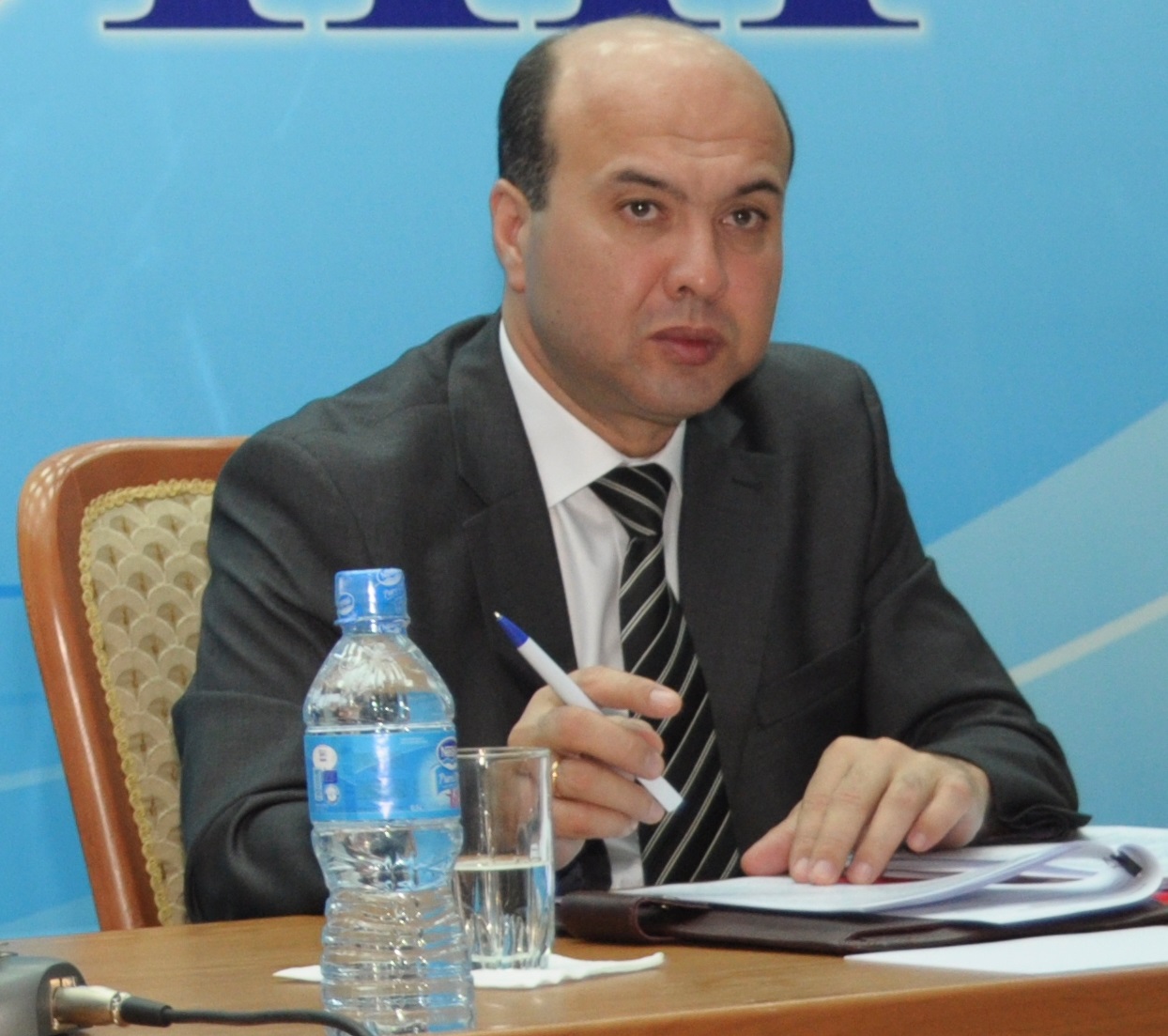ETUCE welcomes education trade union in Uzbekistan
Published:
In mid-2017, the National Trade Union of Education, Science and Culture Workers of Uzbekistan, NTUESCWU, regained its membership in EI and joined the ETUCE family.
By way of introduction the ETUCE Secretariat interviewed Ravshan Bedilov, NTUESCWU President.
What are the recent positive developments in the education sector in Uzbekistan?
Currently, significant developments are occurring in the education system of Uzbekistan introducing major changes in the sector. Among other things, with the aim to enhance the quality and effectiveness of training and qualification systems for research personnel and academic staff with the highest qualification, a so-called “two-tier system” including a PhD and a doctor of science diplomas has been introduced.
The provision of quality education in professional secondary schools (“specialised secondary schools” in Uzbekistan) and vocational education institutions is to be guaranteed through, inter alia, the redistribution of the students’ contingent and highly qualified education personnel as well as through the necessary teaching, laboratory and computer equipment.
Furthermore, the 2017-2021 programme for comprehensive development of higher education has been adopted. It includes a set of measures for strengthening and modernising the material and technical resources for higher education institutions and equipping them with modern research and training laboratories and ICT tools.
A policy has been introduced to attract foreign scholars, teachers, and professionals in higher education institutions and sectoral centres of retraining and professional development of education personnel.
Finally, the recognition of graduation documents issued by foreign countries has been introduced.
What are the current challenges teachers and other education personnel are facing in Uzbekistan?
The education sector of Uzbekistan is addressing the challenges in order to, among other things, increase the amount of material and technical resources of education institutions. We focus on the enhancement of teachers’ and academics’ professional development and strengthening research and teaching cooperation with leading foreign higher education institutions. In addition, the introduction of ICT tools has been on the agenda.
What are the issues at stake?
We believe that the main priority directions in the education sector can be defined as follows:
- humanistic and democratic approach of teaching,
- continuous of education,
- compulsory secondary,
- professional secondary schools and vocational education,
- voluntary choice of secondary,
- professional secondary schools and vocational education,
- secular education,
- access to education that meets State education standards,
- and quality education.
What do you expect from your membership in EI/ETUCE?
We wish to deepen knowledge in such areas as improvement of quality professional secondary schools and the promotion of scientific activities at workplaces. Furthermore, we would like to learn more about issues of employment, trainings of trainers among education trade unionists, and good practices of other ETUCE member organisations.
What would be your message to your sister organisations?
We wish for the strengthening of mutually beneficial cooperation and promote the introduction of the latest teaching methods in education in order to help the young generation to become educated citizens, able to address the upcoming challenges and developments in society.